Tabloids and film magazines were a fan’s way of getting to know their favourite stars. As publicists turn gatekeepers and actors adopt manicured social media presences, what’s lost is honest, no-holds-barred conversation
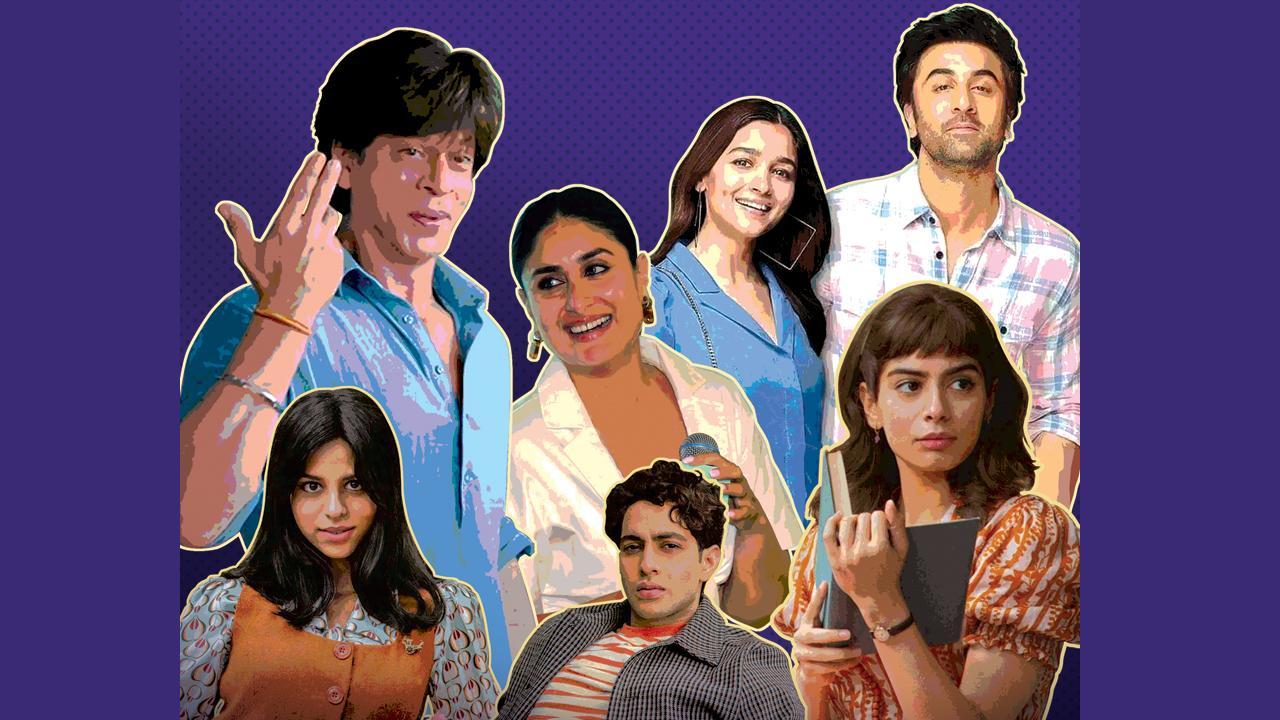
Imaging/Uday mohite
The past year was arguably Shah Rukh Khan’s, who delivered three back-to-back hits—Pathaan, Jawan and Dunki—after a five-year break from leading roles. 2023 was witness to the SRK fandom back in action, selling out shows for weeks, creating fan edits of popular scenes and ensuring his songs were hits on social media before the films they were featured in could be released.
ADVERTISEMENT
But an essential element of the SRK package was conspicuously absent: the uncensored, witty interviews that the actor is known for—the ones where he regales both the interviewer and audience with charm and wisecracks. What happened in the years between 2019, when the actor sat down with David Letterman for a special episode of the TV host’s show My Next Guest Needs No Introduction, and now? For one, Khan and his family were put through a trial when his son Aryan was arrested—and exonerated—in a narcotics case that was fodder for weeks of primetime news debates.
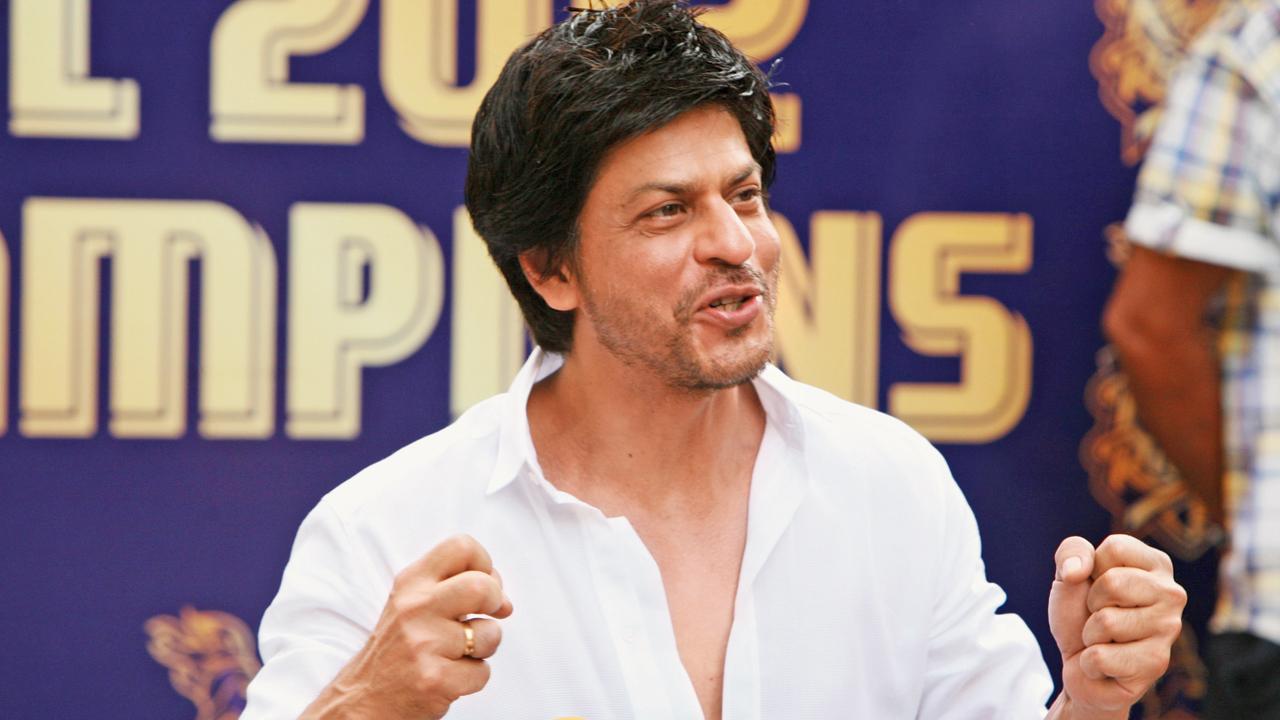 Shah Rukh Khan had three releases this year and gave zero interviews. Pics/Getty Images
Shah Rukh Khan had three releases this year and gave zero interviews. Pics/Getty Images
Instead of freewheeling interviews, fans now look forward to the actor’s beloved “Ask SRK” AMA sessions on X, where he—and not the agency who manages him—addresses their questions, concerns and wishes. The simplest, earnest questions are answered. “Love winters. It gives reason to hug your loved ones to keep warm,” Khan wrote to a fan who asked him what his favourite season is.
Is the superstar’s decision to keep away from media interviews also a sign of a growing chasm between Hindi cinema’s biggest faces and the Indian media? Veteran journalist Bharti Dubey is of the opinion that Khan has set something of a precedent. “He didn’t do any press, and yet, his films were super hits. Actually, stars aside from SRK, too, don’t need the ‘interview’ anymore. They can put out material on Instagram. Social media interactions have killed the journalist.”
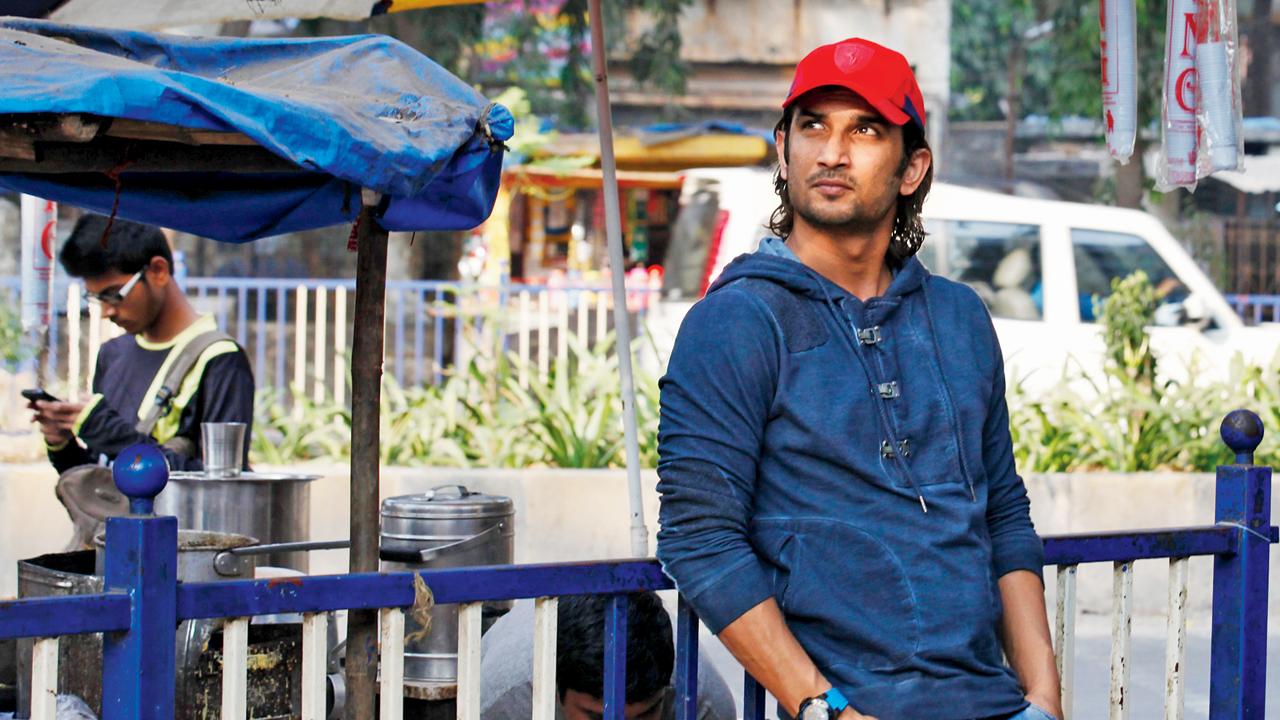 Industry insiders believe that the distrust of the media started building after the death of Sushant Singh Rajput, when stars were vilified for each comment
Industry insiders believe that the distrust of the media started building after the death of Sushant Singh Rajput, when stars were vilified for each comment
If she still has access to stars and opportunities to interview them, it is only because of her many years of experience, Dubey admits. But she makes no bones about the reality of the media landscape today: the era of a sit-down chat with celebrities is over. “Now, you are timed. They [publicists and managers] say, ‘10 minutes only.’ But sometimes, it takes 10 minutes just to build a rapport with the interviewee, to warm up.”
As for gossip, gleaned from chance encounters and sources on sets, and presented as blind items—that’s a relic of the past. “What gossip?” Dubey laughs. Whether innocuous, sizzling or vicious, gossip is now considered the jurisdiction of self-styled insiders with massive follower counts on social media, or Bollywood-centric forums on Reddit that keep tabs on and dissect the minutest details.
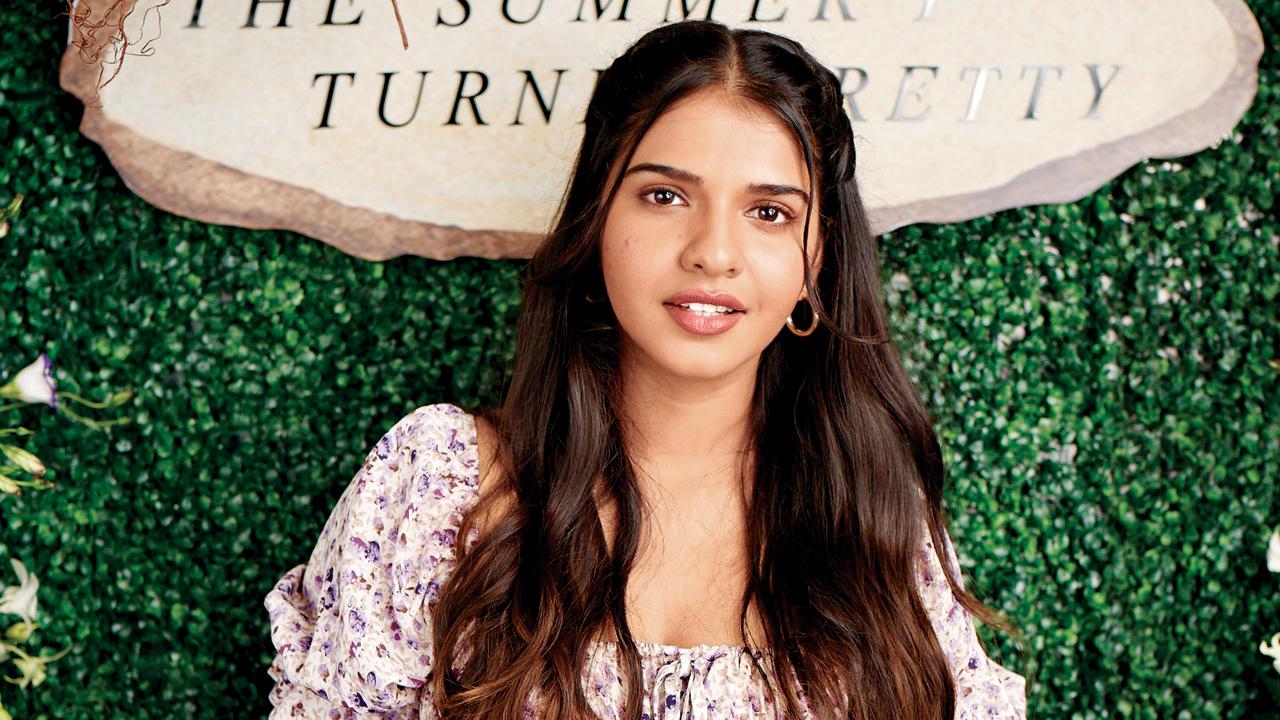 Tarini Shah, digital creator
Tarini Shah, digital creator
What emerges from comparisons of the past and present is a dissonance between the press and celebrities—one premised on the guarding of reputations, personal details being turned into clickbait headlines, and a change in the way actors present themselves on social media, on their own terms. As our favourite stars turn the selfie camera on, have we reached a point where it’s no longer possible to have a deep, thought-provoking, or fun chat with the actor of
the hour? Is the celebrity interview dead?
Talk of the days when one could walk onto a set and chat with any artist in their view sounds like urban lore. “I’d flash my ID and walk in,” says Kushalrani Gulab, a veteran entertainment writer and editor. She recalls a vivid memory from a junket in Wai, where director Prakash Jha was shooting Mrityudand, starring Madhuri Dixit. She had famously banned all interviews after the name of the man she was dating had been revealed. “While the writers of Stardust and Filmfare fumed, I chatted with Dixit’s hair stylist. In turn, the stylist invited me into the vanity, and lo and behold, I had an interview. I broke the ice with the actress by speaking about my nephew—I knew that she’d spoken about how much she loves her own.”
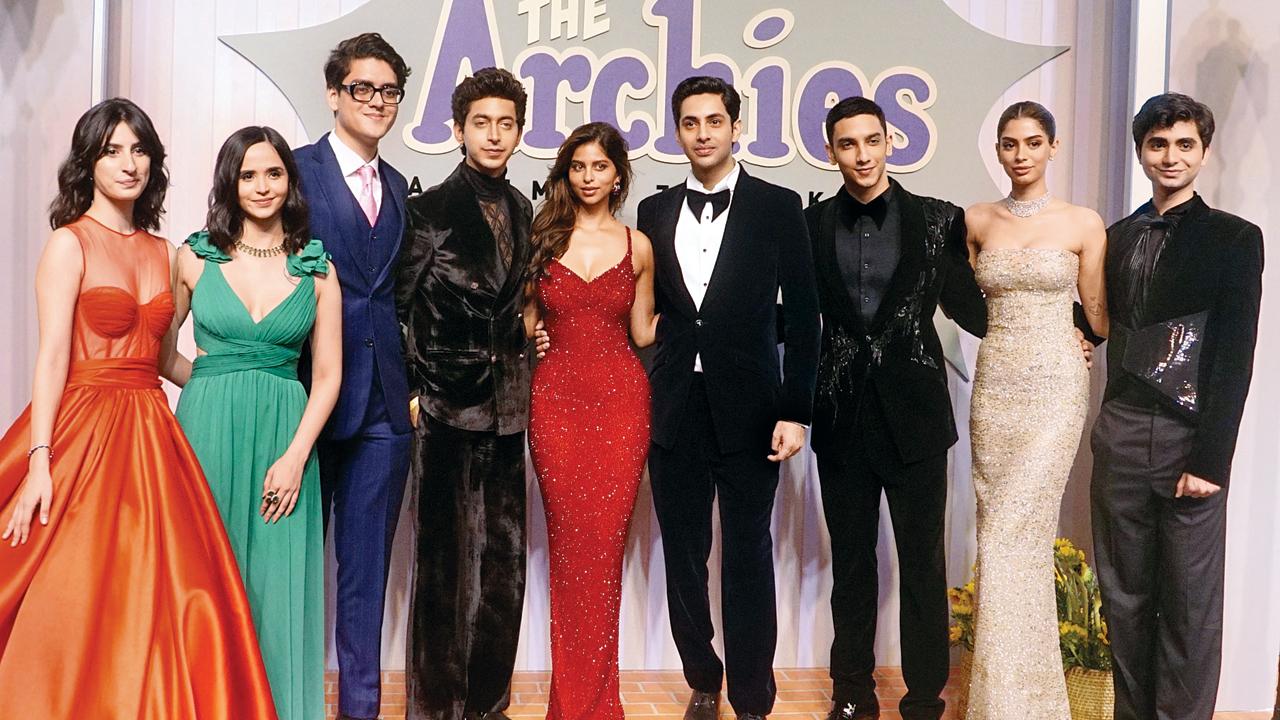 The star kids who made their debut with Zoya Akhtar’s The Archies—Suhana Khan, Khushi Kapoor and Agastya Nanda—haven’t given a single press interview
The star kids who made their debut with Zoya Akhtar’s The Archies—Suhana Khan, Khushi Kapoor and Agastya Nanda—haven’t given a single press interview
Before Bollywood’s wholehearted embrace of social media, the movie-goer and actor needed the press to reach each other. Film magazines and tabloids brought the reader closer to the person they saw on the big screen. They were brokers of opinion, confessions and secrets—there was no other medium for stars to offer snippets of their personal lives or themselves, save for the occasional autograph or meet and greet. It’s no surprise then that fans would throng the lanes of Juhu and Bandra, waiting for the rare sighting of their heroes—as they continue to, even today.
A well-known Bollywood agent with a 20-year career describes how organic celebrity reputations used to be in the 90s and 2000s. “Actors had certain labels—Preity Zinta was ‘bubbly’, SRK was ‘charming’, Juhi Chawla was ‘affable’—they were naturally like this. There wasn’t any machinery working to create these images and ensuring that everything the actor did was in adherence to the image. It’s what Mr Khan says: He is an employee of the myth of SRK. Unfortunately, this myth-making is now a widely adopted idea. Every actor is trying to build their myth and sticking to it,” the agent says.
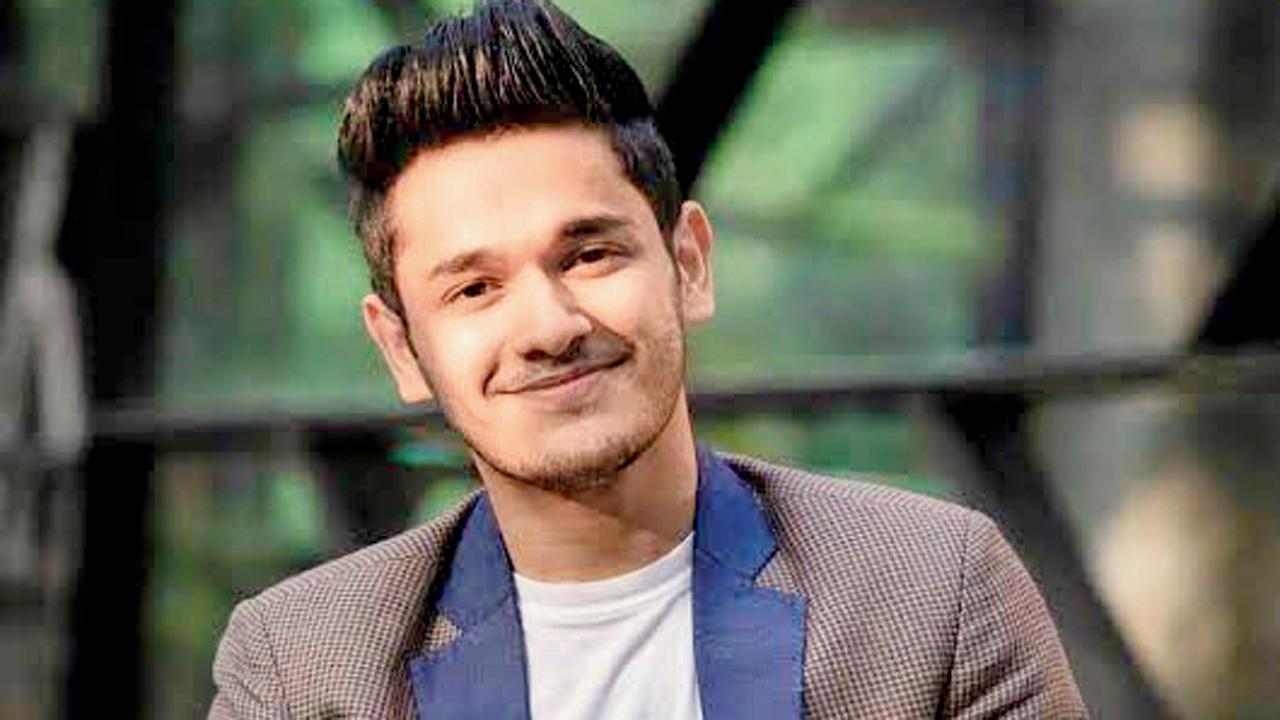 Nayandeep Rakshit, host
Nayandeep Rakshit, host
Social media is the playground where this myth-making takes place, bolstered by complex strategies and image management. The curation concerns everything from the car the celeb will drive, to the food they eat, and the people they rub shoulders with. The agent gives us an example of what such management can look like: “Imagine that you’re a young boy from a small town. It is ideal that you seem relatable. I’ll get the paparazzi to click pictures of you at a local store, or riding in an auto rickshaw. You’ll be seen as one of the boys from the crowd, because you don’t drive a BMW yet. I’ll even get you to post videos about eating streetside chaat. Your interviews will be about the rejections you’ve faced, the trials and tribulations, how the struggles honed you. Soon, you’ll have recall value and land movies that go on to be hits in Tier 2 and Tier 3 cities.” We’re told there’s an entirely different strategy for star kids, centred on making them seem approachable and aware of their privilege.
Murtuza Rampurwala, who handles social media for bigwigs like Rohit Shetty, Sanjay Dutt, and Shefali Shah, as well as the digital side of movie campaigns, candidly expresses why the vibe of celebrity accounts is positive. “Social media, by design, is a place where everyone wants to show the best versions of themselves—they have to be pristine. We delete negative comments, we manage any small-scale trolling,” he says.
As actors become more comfortable with speaking about their personal lives and preferences online, Gulab points out that entire profiles of stars can now be fashioned based on their social media posts, rendering the interview obsolete. If actors now come to the press, it is to extend the narrative surrounding them, providing manicured details that will not deflect from the impression they want to project. All you, as a journalist, are expected to do is type. “There was a time when I’d walked onto a set where Naseeruddin Shah was present. I asked Shah one question, and he launched into a rant about the Hindi film industry. At the time, he needed a journalist’s platform. Now, no one does,” says Gulab.
The senior Bollywood agent highlights that many of the star kids launched a month ago—Suhana Khan, Agastya Nanda and Khushi Kapoor—haven’t even given their debut press interviews yet. “The press’ approval is no longer a mandate from the stars either,” she says plainly.
The void left behind by journalists has been swiftly filled by a more appealing face: the influencer. Production houses and OTT platforms often rope in influencers in the verticals of comedy, pop culture and beauty to interview the casts of upcoming projects. Digital creator, Tarini Shah (508k followers), who has worked with celebrities, says that as influencers, they firstly understand the “other side”. “The point is to create a safer space for the celebrity. We are not here to get tabloid news—we are here to talk about your movies, and work, in the most honest way. Every creator has their own niche—for me, it’s my relatability. I ask questions
that I think Gen Z will want to ask about. For me, it’s about giving a safe place where they can be raw and real.”
One of the many things the Bollywood fan looks forward to is a celeb’s soft or hard launch of their beau. Teased, posed for, cheekily confirming rumours—launches of all kinds are lapped up. At the same time, many journalists are held back from asking questions about stars’ romantic relationships. “When they tell me not to ask questions about romantic relationships, I just ask, why? It’s so obvious, it’s all over social media—let me ask the question, and the star can choose to say ‘No comment’ if they want to,” says a senior film journalist who works at a mainstream newspaper.
Till a few years ago, the star had a manager that handled their work—their movies, and everything to do with them, and the production houses set up the interviews, as Yashraj still does. As avenues expanded and social media entered the fray, the work of a celebrity grew from what they did onscreen to sponsored posts, brand collaborations, and much more. It was then that the PR machinery became imperative—to spread the word.
A PR professional who works at an agency handling Bollywood’s biggest stars says that they are concerned about being misquoted by the press, about their words being taken out of context.
Another publicist, who has been running a boutique PR firm for a decade, says that actors don’t wish to comment on any issues anymore. “The actor I manage may choose to take a hard stand on a trending topic. But the next morning, when hell breaks loose , I’ll have to figure out remedies and make elaborate damage control plans,” the publicist says.
The editor of a well-known website tells us that OTT platforms, too, are using the power dynamic of access to their benefit. “During the press interactions for the AP Dhillon documentary, more than eight journalists found that the footage of their interviews was reduced to half. And I could pin the blame on one platform, but at some point or other, every OTT platform has done this to me. Their reasons for censoring are that our questions weren’t relevant, or that the talent wasn’t comfortable with the answers they gave.”
Former print journalist, the host of a popular chat show and influencer Nayandeep Rakshit says that the dissonance between the press and celebrities is the result of many factors—and holds all stakeholders responsible. “Journalists have asked very catty questions, assuming they are fun. The stars have even answered these questions. What follows is social media trolling that is hard to fathom. I asked Ranbir Kapoor a question about what he loves, hates and tolerates about his wife, Alia Bhatt. He answered the question, and the next thing we know, there were armies of social media users slandering the actor for being an inconsiderate husband. What followed was toxic, and that wasn’t my intention, and so, I felt horribly guilty.”
Rakshit traces the changed environment of present times to the moment that shook the Hindi film industry—Sushant Singh Rajput’s demise. “Mainstream news channels were up in arms, to portray Bollywood as a world where actors have no morality. I loved how Karan Johar addressed it in his chat show last season. That said, it has resulted in actors being more measured, more guarded. Anything and everything they say will be held against them,” Rakshit says of the mistrust that celebrities now harbour.
Dubey, who is speaking to us from a press conference, which she rarely attends these days, adds, “Maybe it’s a phase. I have been told it is. It will all calm down. But will it ever go back to how it used to be? I don’t think so.”
 Subscribe today by clicking the link and stay updated with the latest news!" Click here!
Subscribe today by clicking the link and stay updated with the latest news!" Click here!







